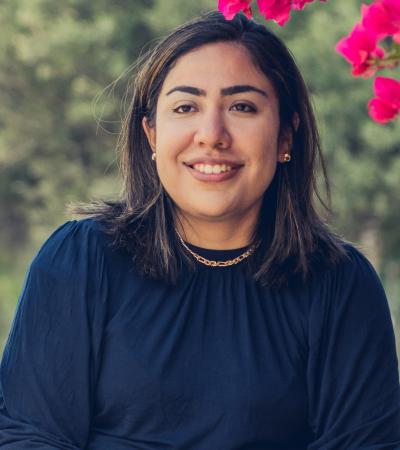 About the Episode:
About the Episode:
Show Notes:
Welcome to Global Stage, a podcast highlighting academic and policy-oriented international research on democracy and human development. Global Stage is brought to you by the Kellogg Institute for International Studies, part of the Keough School of Global Affairs at the University of Notre Dame. Your host today is Victoria Basulto, a PhD and history student at Notre Dame and a PhD fellow at the Kellogg Institute. She is joined by historians Gabriela Cano and Saúl Espino Armendáriz about their collaborative work on Diccionario Biográfico de las Mujeres del Colegio de México, las Generaciones Constructoras, a biographical dictionary highlighting 123 women who played significant roles at El Colegio de México throughout the 20th century. The project aims to expand institutional memory by recognizing women who were influential as faculty, staff, administrators, and students.
The book connects with broader feminist movements in Latin America, such as the Marea Verde, which seeks to reclaim public spaces and honor women’s legacies. Cano and Espino note that students at El Colegio de México have also renamed classrooms after women, reflecting shifting attitudes and growing feminist activism within academic spaces. The dictionary was written mostly by graduate students and alumni, fostering intergenerational dialogue and scholarly collaboration. Both historians emphasize that gender is essential to any meaningful understanding of democracy, as it shapes access to opportunities, representation, and rights. They argue that ignoring gender – and its intersections with race, class, and religion – leaves democratic systems hollow, and that evolving institutions must also update their historical narratives to reflect social change.
The book serves as a culmination of past research and a launching pad for future scholarship. Cano notes that the project builds on her long-standing interest in biography and complements an upcoming edited volume on women’s contributions to key academic fields at El Colegio de México, such as demography and sociology. Espino shares that even before the dictionary’s official publication in 2024, the project had already sparked interest among other Mexican institutions eager to replicate its methodology to highlight women’s roles in their own histories. This approach broadens the historical lens, granting equal critical appreciation to non-academic women as historical agents. The episode concludes by highlighting the dictionary’s broader significance and potential to inspire similar efforts beyond the immediate academic community.
Links:
Learn more about Gabriela Cano and Saúl Espino Armendáriz.
Learn more about the Diccionario Biográfico de las Mujeres del Colegio de México, las Generaciones Constructoras.
Learn more about the Kellogg Institution for International Studies.
Listen:
Listen below, ask your smart device to “play Global Stage Podcast,” or find us on:
Apple | Spotify | Stitcher | iHeartRadio | TuneIn | YouTube





